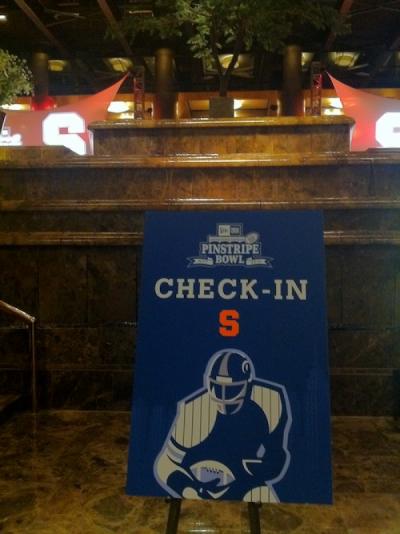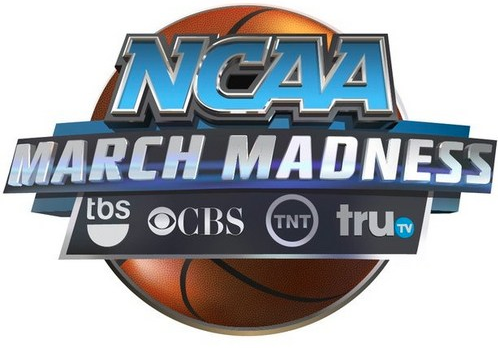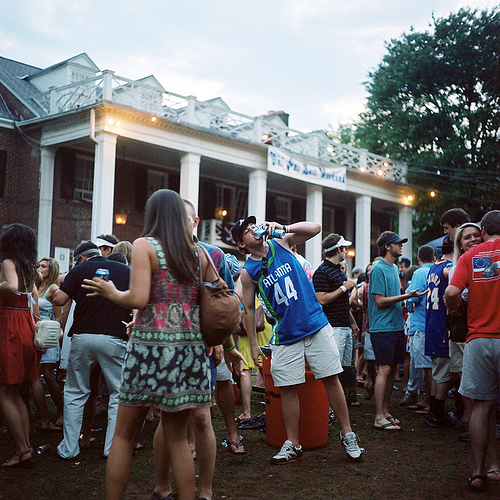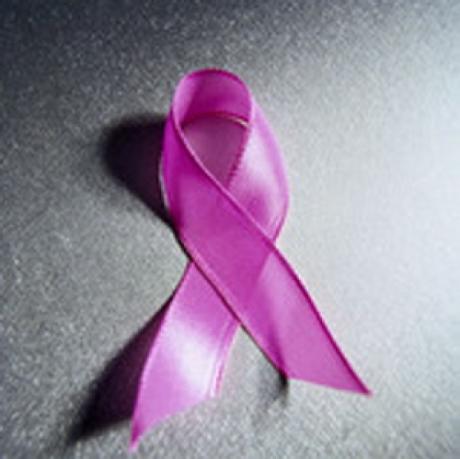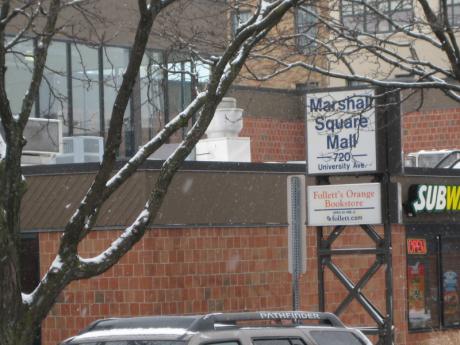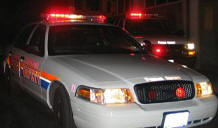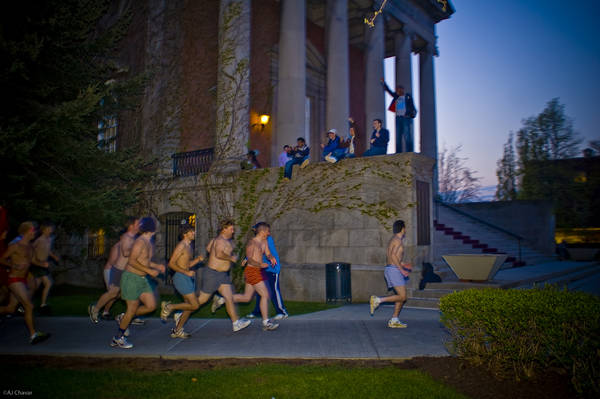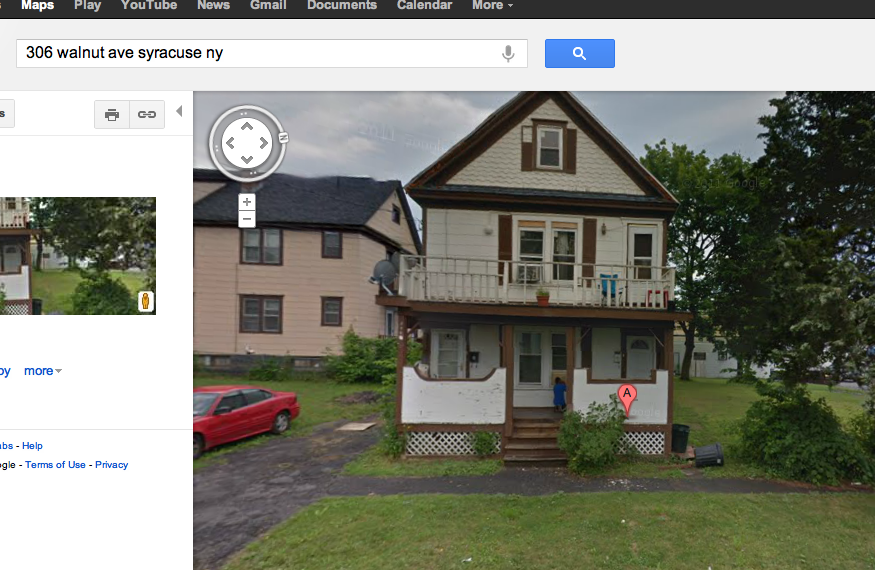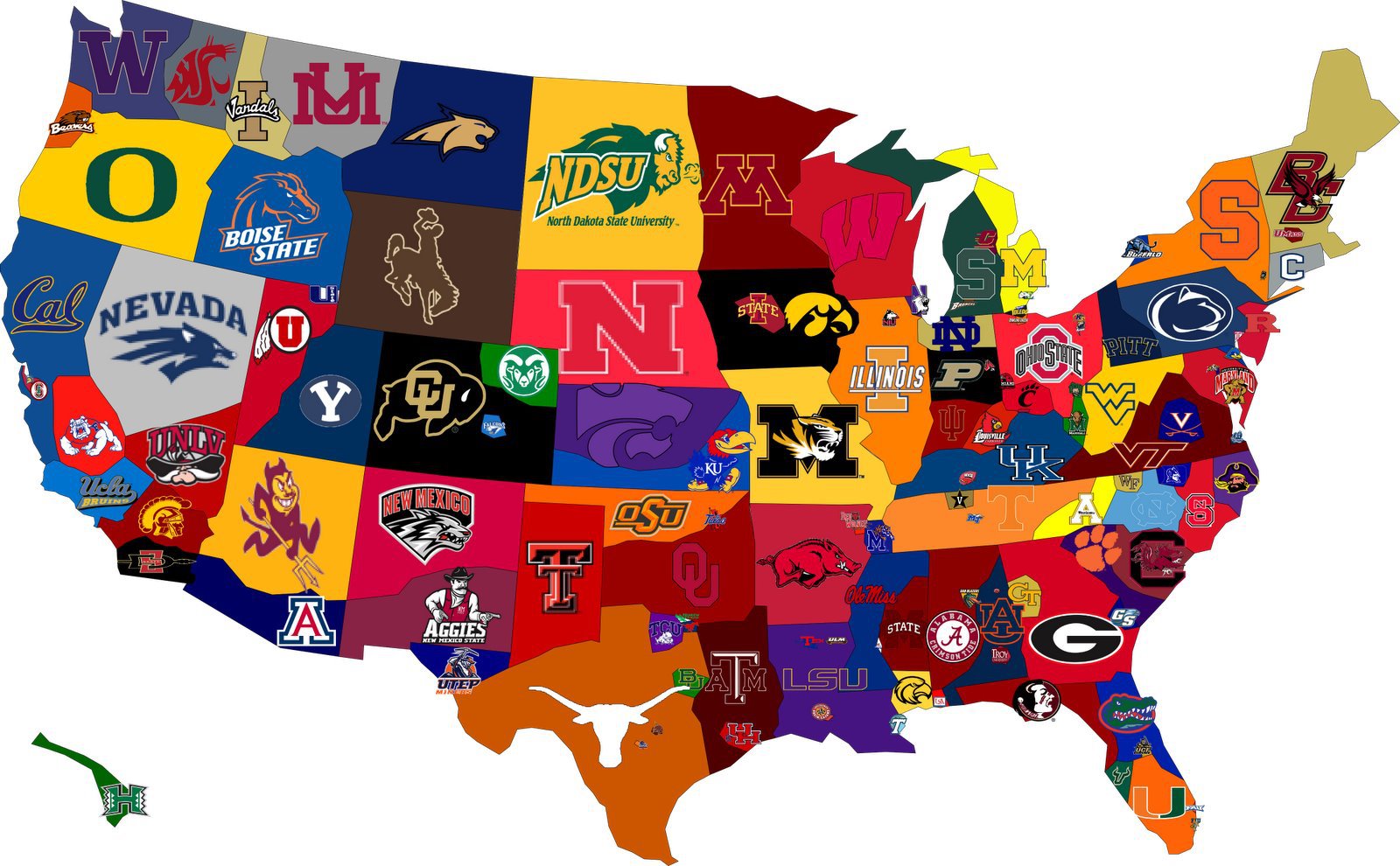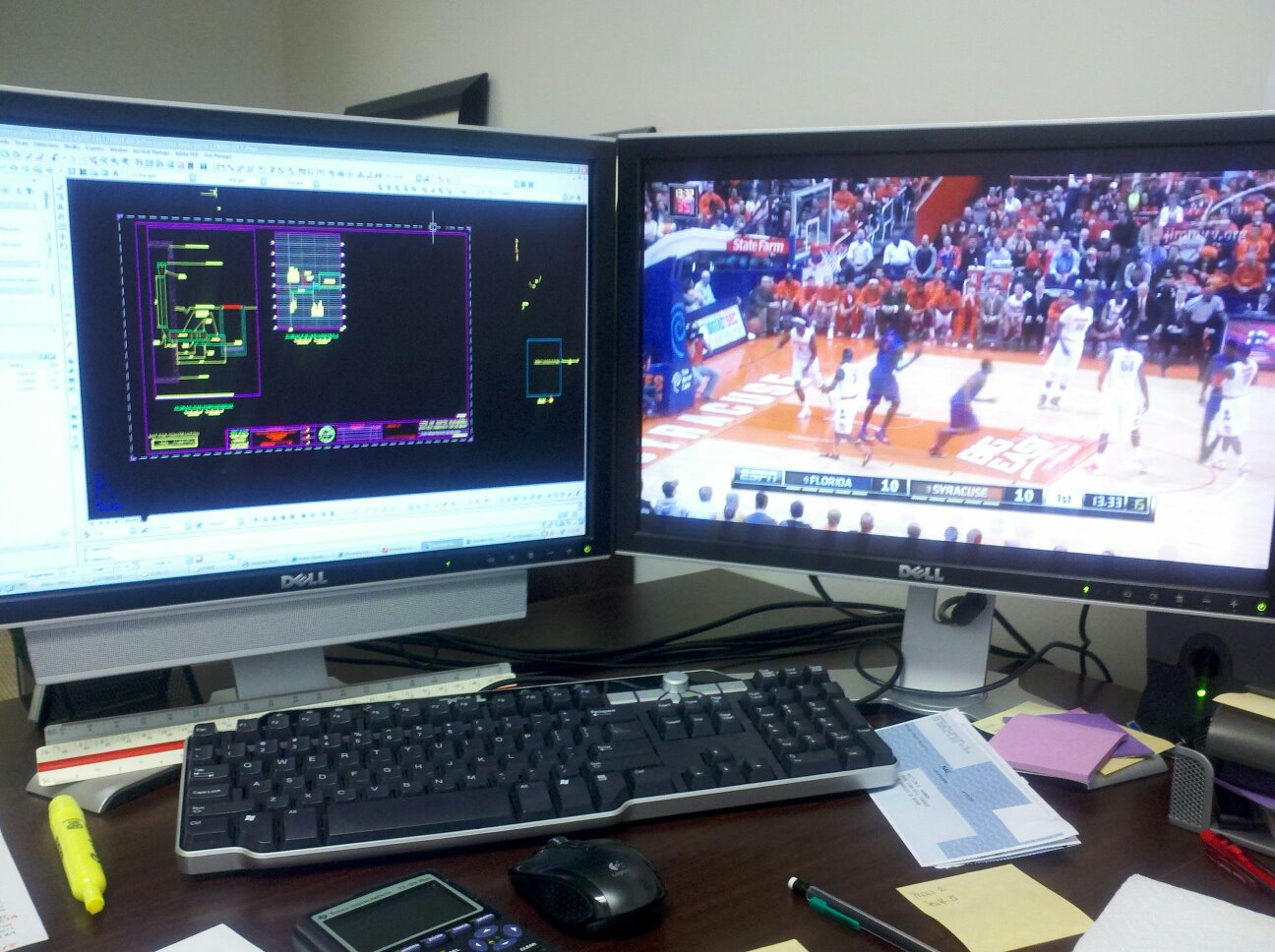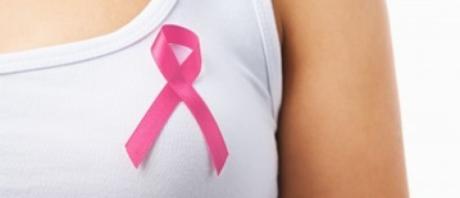
We’ve all seen the pink ribbons, and some of you even have done your part by walking or running in the Susan G. Komen Race for the Cure. But even if you support the cause, do you think this is something that would never happen to you — that you’re too young to get breast cancer? Or that you can’t get it because you’re a guy?
Here, we debunk some common breast cancer myths. Read on. …
Breast Cancer Myth No. 1: College students don’t get breast cancer.
While breast cancer is more common in women over 30, it is possible for a younger person to get it. According to Dr. Philomena McAndrew, an oncologist with the Tower Hematology Oncology Medical Group in Beverly Hills, an 11-year-old girl was recently diagnosed. “In terms of college students, most of the time when someone in the 18 to 24 age range has a lump, it’s benign,” she says, “but it doesn’t mean that 100 percent of the time it will be benign.”
Such was the case with Danielle Washington, who was 22 and a recent graduate of Ohio State University when she found a lump in her breast. Her doctor insisted it was benign, but after getting a second opinion from a breast clinic, she was diagnosed with breast cancer. “I had two different types of cancers, and one was spreading, rapidly growing,” says Washington. “They found it right in time.” Two years and six surgeries later, Washington has no abnormal or cancerous cells.
If you notice any changes or abnormalities in your breasts, McAndrew says to make sure you get them checked and double-checked. “Don’t ever let anyone be patronizing if there’s something you’re concerned about,” she says. “Don’t let your health care provider blow off any concerning symptoms.”
Breast Cancer Myth No. 2: Breast cancer only runs in families.
Yes, breast cancer can be hereditary: Some people inherit certain gene mutations that put them at higher risk for it. But according to Cornell University’s Program on Breast Cancer and Environmental Factors, more than nine of 10 women who get breast cancer don’t have it in their families.
The program points to various known risk factors, including exposure to chemicals, radiation, alcohol, estrogen and progesterone. Other risks are lack of exercise, eating fewer vegetables and whole grains, and being overweight. “There are a lot of factors here, and we can’t put all of the weight on one thing,” says McAndrew.
Breast Cancer Myth No. 3: Men never get breast cancer.
The vast majority of breast cancer patients are women, but 1 percent of cases occur in men, says McAndrew. And this is where genetics do seem to play a larger role. “These tend to happen more often with people who may have had women in their family who have had breast and ovarian cancer under the age of 40,” she explains.
“They tend to happen more often in families where we do think there’s some genetic predisposition.” While most men have a .05 percent risk of getting breast cancer, men who have inherited this genetic mutation have a 5 percent risk, which is just below the 8 to 12 percent chance most women have, McAndrew points out.
Breast Cancer Myth No. 4: Implants aren’t related to breast cancer.
While breast implants do not increase a woman’s risk of getting breast cancer, they often impede detection. It’s tough for a mammogram to detect cancer cells in the breast tissue behind the implant. Early detection is important when dealing with breast cancer, and women with implants sometimes don’t get a diagnosis until the cancer has grown or spread.
McAndrew also says lumpiness or scar tissue can develop after getting breast implants and that some doctors might write off a serious lump as just a result from the surgery. If you’re concerned that a lump could be something other than scar tissue, McAndrew advises seeing a specialist who has previously worked with women with implants.
“I recommend doing breast exams on your own,” says McAndrew. “So many women find lumps or changes on their own and get to the doctor in time.”

